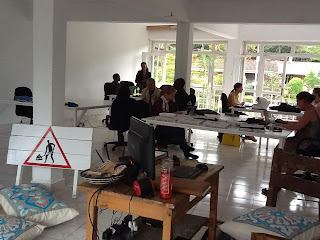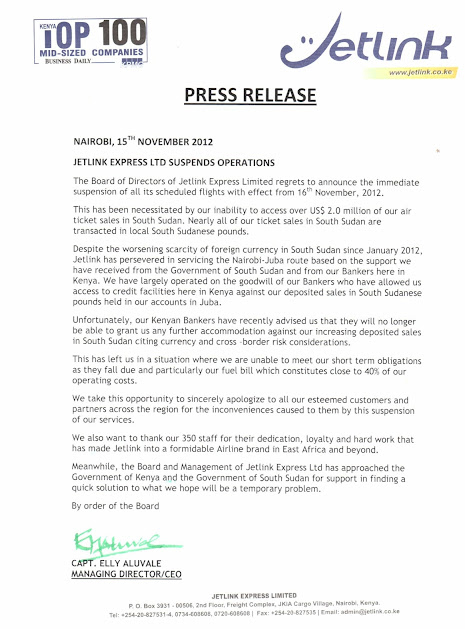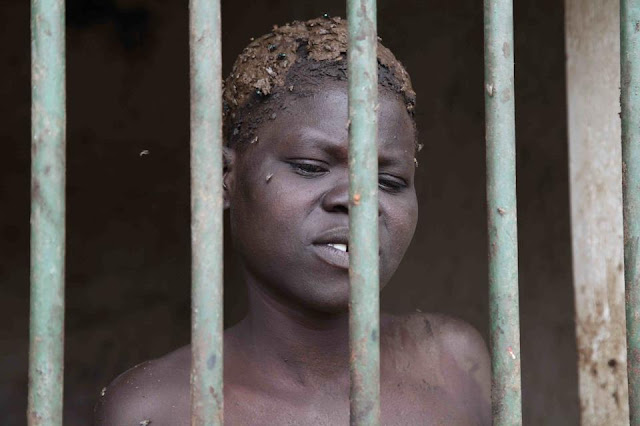Many social cash transfer programmes in poor countries are targeted on the poorest people through a "proxy-means test." This is a way of estimating the hard-to-measure actual poverty of a household through an easy-to-measure proxy - the ownership of assets such as quality housing or a vehicle.
An alternative method of targeting is "self-targeting" in which the experience of receiving assistance is made unpleasant to discourage the rich from applying - such as through requiring manual labour.
A new paper adds a simple layer of self-targeting onto the existing proxy-means test for a programme in Indonesia with good results. Instead of travelling round to households to administer the test at their home - participants are simply requested to travel themselves to an office to make their application. This simple added inconvenience made a big difference to the effectiveness of the targeting.
per-capita consumption was 13 percent lower for beneficiaries in the self-targeting villages than those under the status quo. Moreover, exclusion error was actually less of a problem in self targeting than in the status quo: the very poorest households were twice as likely to receive benefits in self-targeting than in control areas.
Alatas, Banerjee, Hanna, Olken, Purnamasari, and Wai-Poi, Ordeal Mechanisms in Targeting: Theory and Evidence from a Field Experiment in Indonesia, http://economics.mit.edu/files/8449






